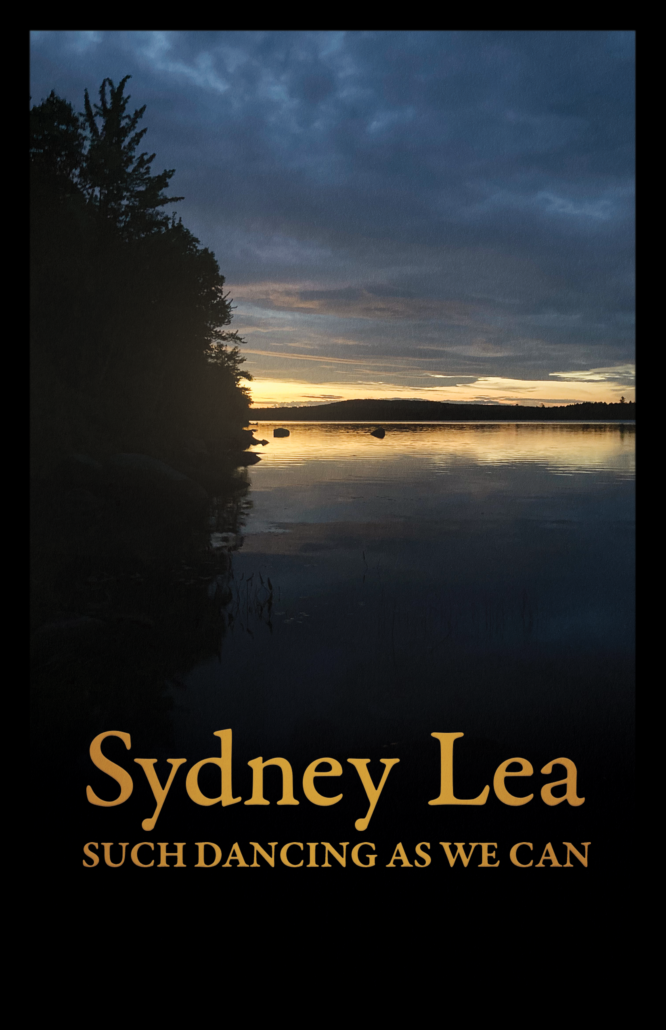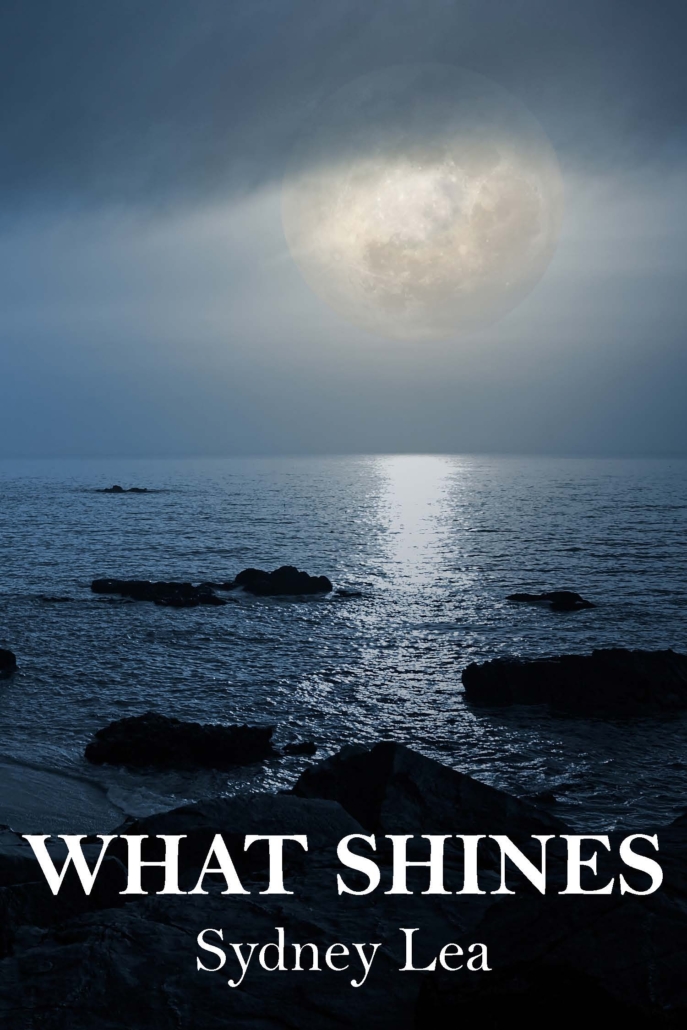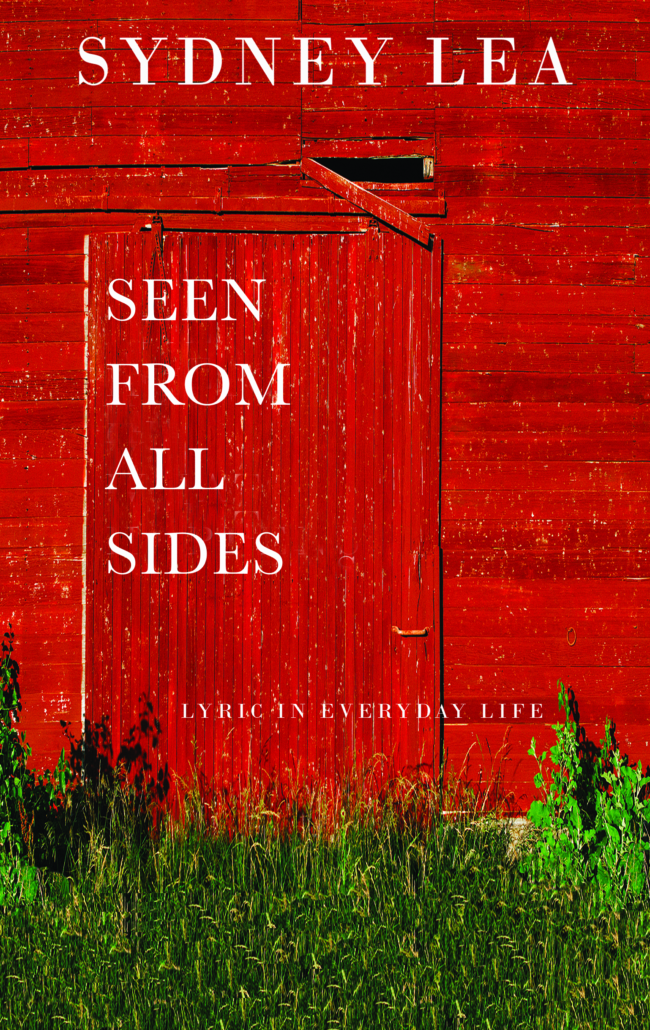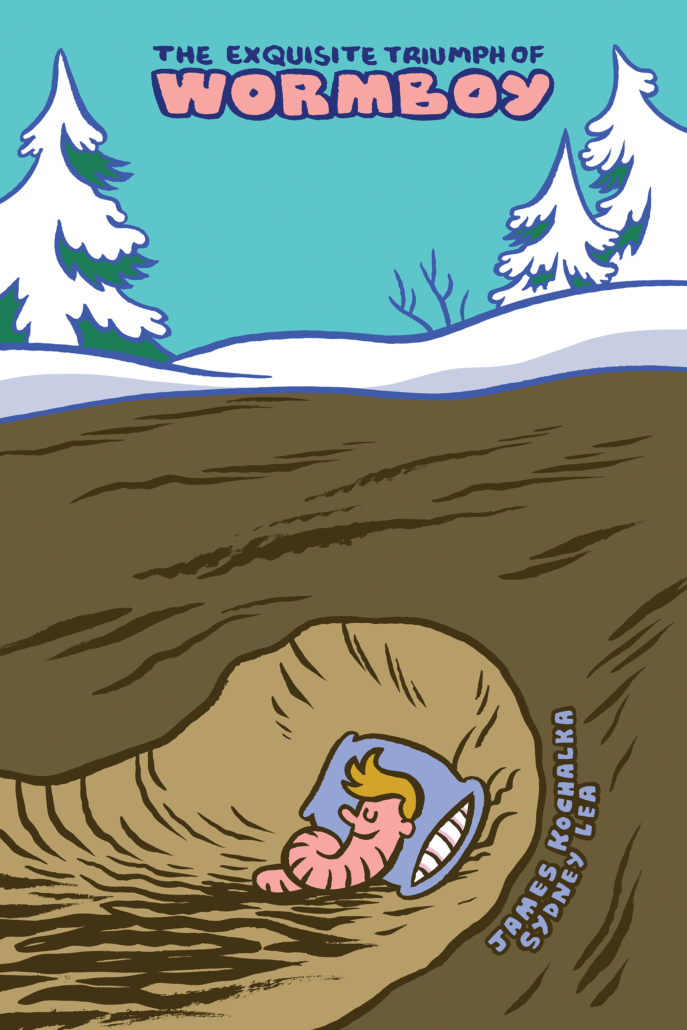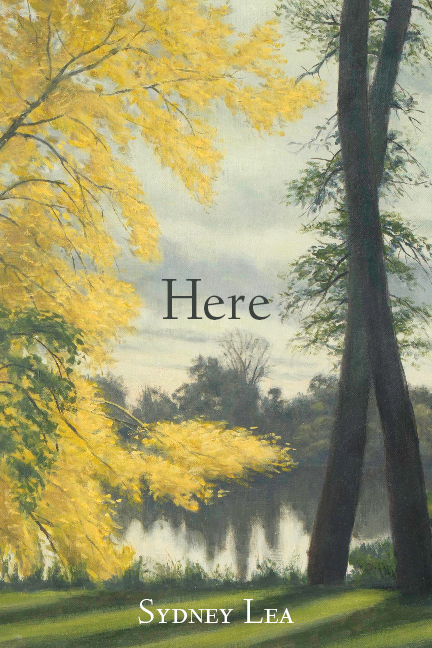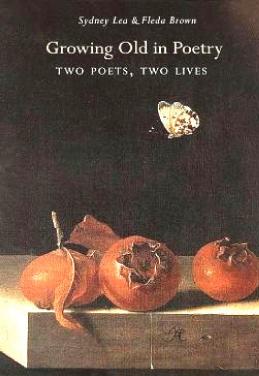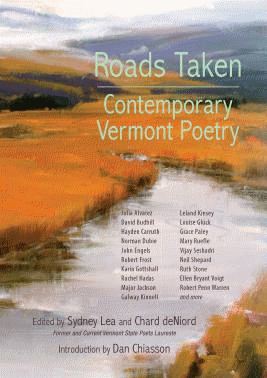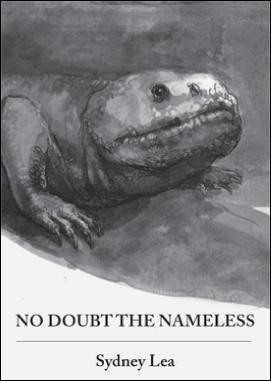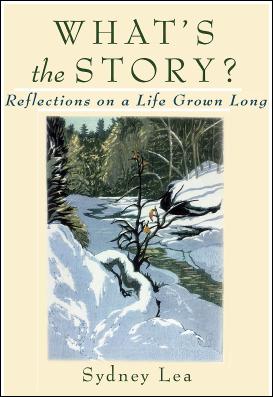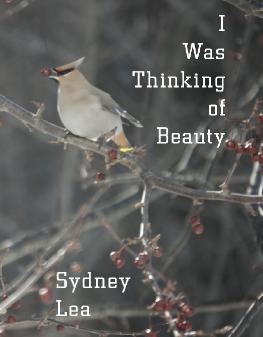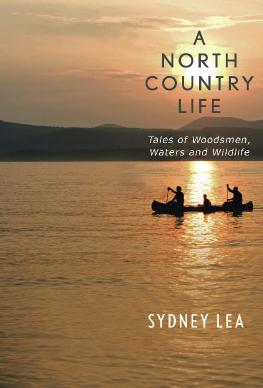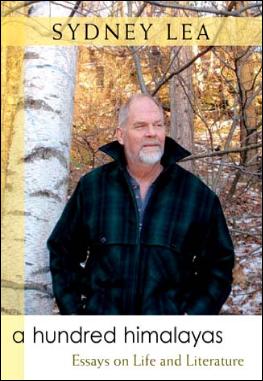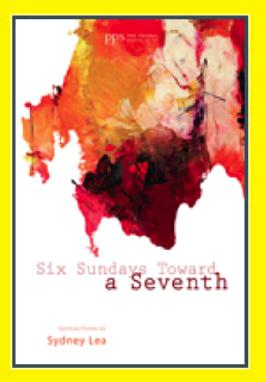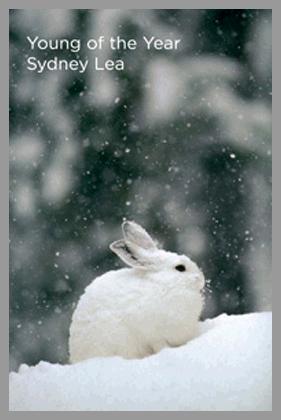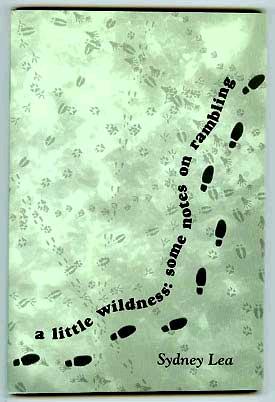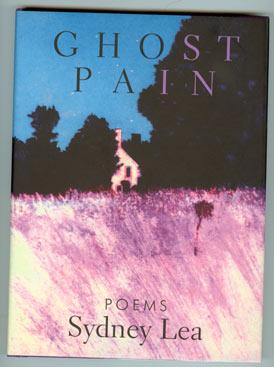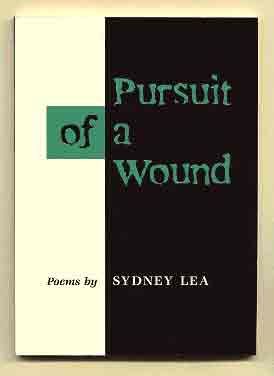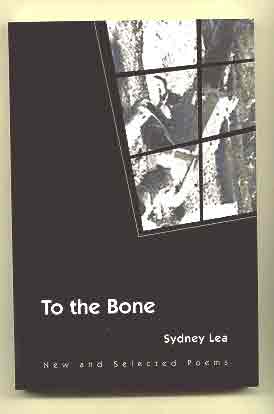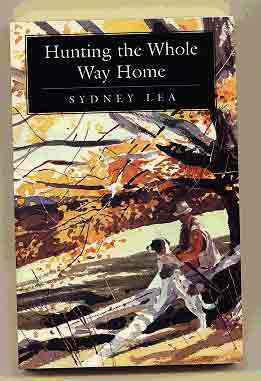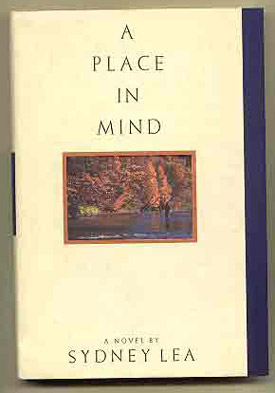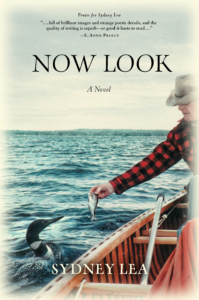Such Dancing As We Can
Early on in Sydney Lea’s mother lode of trenchant reflections, Such Dancing As We Can, he speaks of “taking stock toward the end of a lucky life.” He does just that, and admirably well, but what moves me most is his irresistible tendency to take stock of the unlucky lives he has known. His book stands in the place where empathetic imagination and true compassion kiss, where mere sentimentality averts its eyes for shame. What William Carlos Williams once said about poetry could also be said of these essays by one of our finest living poets: “It is difficult to get the news” in these pages, or much news, but people “die miserably everyday for lack of what is found there.”
—Garret Keizer, Author of Getting Schooled and The Unwanted Sound of Everything We Want
The Humble Essayist Press
What Shines
Retrospective of a long life and already inimitable career in poetry, Sydney Lea’s What Shines asserts and asks in equal measure. In older age, Lea affirms the luster of fruit long labored for: a resilient and happy marriage; the rewards of parenthood and, later, grandchildren; a profound intimacy with northern New England — the environment, the seasons, the people, home, time. But he also transmits the escalating urgency of answering the fundamental question: at this late hour, what light do we have to see by? What light will outlast us?
“The refrain of aging and death echoes throughout and is tempered by Lea’s gentle optimism and appreciation for every facet of life. These poems provide readers with a potent antidote to hopelessness.”
—Publishers Weekly
“Life isn’t easy, and we’re all scarred, traumatized to some degree. What is to be done? Lea responds in illuminating verse that expresses a reckoning with emotions that linger like ghosts in the bardo, hesitant to move on, having one more thing to say…This radiant collection will leave readers counting their blessings past, to come, and most certainly right here.”
—Booklist
Four Way Books • New York, NY
Seen From All Sides
Lyric in Everyday Life
This book is a compendium of newspaper columns on poetry, composed during Lea’s laureate tenure, in which the author seeks to show the relevance of lyric poetry to the ordinary life of any citizen.
“As the title suggests, these columns—deliberately plainspoken, resolutely egalitarian—look at poetry ‘from all sides.’ Lea’s anecdotes, musings on craft and composition and local vignettes ratify his point about the value of lyric to everyday life.”
—The Hudson Review
“. . . a rich array of meditations on everything from slam poetry to the collision course of Western imperialism with Islamic fundamentalism. The author has quite a few bones to pick with academic elitism in particular. Lea juggles such diverse subjects in a refreshingly readable style: Although his approach is rooted in erudition, you won’t find any dense literary jargon here. Instead, Lea illustrates his prose with a wealth of plainspoken wisdom garnered over the decades he’s spent living in rural Vermont. . . . it demonstrates the author’s profound dedication to poetry and to forging connections across borders both geographic and linguistic. Ultimately, Lea himself is “seen from all sides” in this volume: as the generous neighbor, the grouchy formalist, the Guggenheim Fellow who judges the local spelling bee and a true ambassador for the written word.”
—Seven Days
Green Writers Press • Brattleboro, VT
The Exquisite Triumph of Wormboy
A collaborative with James Kochalka
This collaboration between two Vermont Laureates– one in poetry and one in cartooning– is very likely one of a kind. It is both whimsical and probing, wry and earnest. Though it mocks the format of epic poetry, it raises serious human issues: among many, the need (or is it the futility?) of persistence against long odds; the crucial but often heartbreaking nature of dear friendship; the appeal and the cruelty of the natural world; the allure, sometimes simultaneous, of despair and hope. The drawings bring the verse alive, and the poetry sheds light on the art.
In The Exquisite Triumph of Wormboy, multi-award winning illustrator and graphic novelist James Kochalka brings us a thematic collection of drawings that chronicle the exploits of a worm who embarks on an adventure of rescue, fueled by inescapable surges of bravery. This odyssey is aptly and expertly versified into an ekphrastic epic by former Vermont Poet Laureate Sydney Lea. Readers of all ages will be entertained by the sights, tension, suspense, and humor of this unique collection.
“Lea’s plainspoken New England voice has benefited from its multi-genre development, making the poems here easy in diction, resistant to lyric flights and focused on making sense of things.”
—Publishers Weekly
“Like his mentor Frost, Lea vividly contextualizes . . . his beloved rural New England.”
—Library Journal
“[Lea’s] elegant book [is] rhythmically satisfying, with its jazz-like riffs . . . by a man at the top of his game.”
—Ploughshares
Word/Galaxy Press • Concord, California
Here
“Sydney Lea has always been a poet equally eloquent and wide-eyed before reality. This self-aware book of experience, stock-taking, and memory finds him just now, just here, a person still hopeful in the face of it all, a poet at the height of his powers.”
– Jane Hirshfield
“Life isn’t easy, and we’re all scarred, traumatized to some degree. What is to be done? Lea responds in illuminating verse that expresses a reckoning with emotions that linger like ghosts in the bardo, hesitant to move on, having one more thing to say...This radiant collection will leave readers counting their blessings past, to come, and most certainly right here.”
– Booklist
Four Way Books • New York, NY
Growing Old In Poetry: Two Poets, Two Lives
A collaborative with Fleda Brown
Sydney Lea and Fleda Brown, past poets laureate of their respective states and both nationally recognized writers who’ve given their lives to their art, have conspired to write an unusual book of essays. They’ve picked a wide variety of topics and headed out as they wished with each, covering a lot of territory, both artistic and memoiristic. Some of the pieces, like “Wild Animals,” are downright silly; some, like “Sex,” “Music,” and “Food,” are provocative; some, like “Clothes,” “Sports,” and “Houses,” appear ordinary but are ultimately revealing. The final essay offers, from each, a personal look at how a poet lives and writes in this troubling time. The excitement of this collection is in the details—how lives are lived and poems written over time, and at last, an entire body of work as witness.
Green Writers Press • Brattleboro, VT

